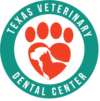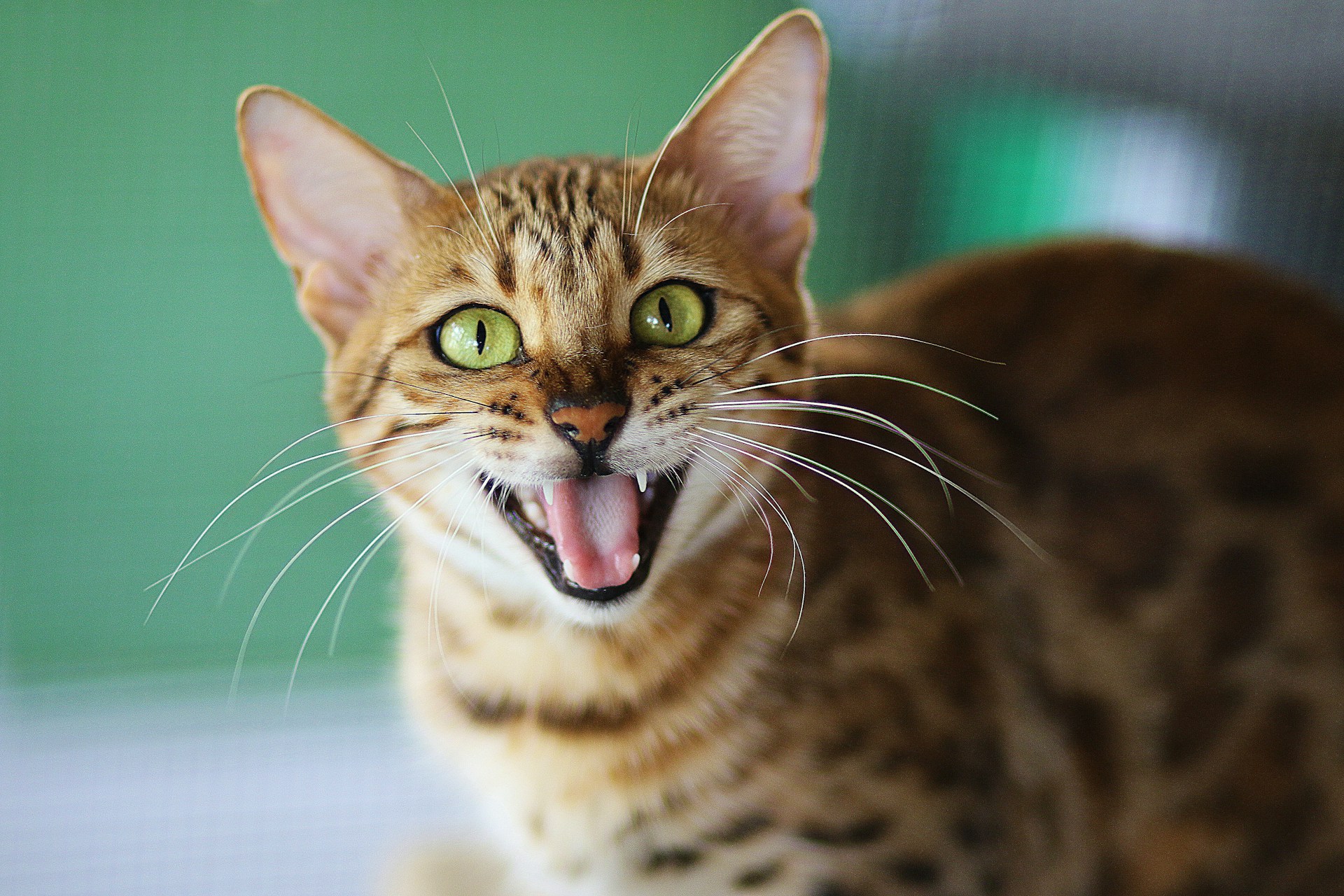Prevention is one of the most important aspects of maintaining a healthy mouth for your dog or cat. While it is recommended to take your pet in annually for professional dental cleanings, you must consider what happens the other 364 days. Every time your pet eats a meal, food particles cling to the teeth and work themselves into various pockets and grooves. These unintended leftovers provide food for bacteria to begin to accumulate, creating a biofilm known as plaque. Over the span of only 24-72 hours, this plaque begins to calcify and turn into hard dental calculus or “tartar,” leading to gingivitis and dental disease.
The Importance of Daily Home Dental Care for Pets
Daily home dental care can slow this process and help protect your companion’s mouth between professional dental cleanings. The gold standard of home oral health care is the daily brushing of your dog’s or cat’s teeth with a pet-safe toothpaste. Daily brushing is best, but it’s not always possible, and any amount of brushing you can achieve during the week is better than none. With patience and training, most dogs and cats will accept brushing, so don’t get discouraged if your pet does not take to it right away. Other tools in your home oral health toolbox include dental treats and chews, and anti-septic oral rinses or gels. Please be sure to consider the hardness and digestibility of any chew that you get for your dog, as some are known to break teeth or cause obstructions. You can visit the Veterinary Oral Health Council website (VOHC.org) for approved dental treat/chew options. Lastly, you can find food or water additives to improve oral health, however these products work best when used in conjunction with other home care options.
Dog & Cat Dentist in Houston
If you have questions about your pet’s oral health or home dental care, please call our office to schedule a visit with one of our veterinarians.
Images used under creative commons license – commercial use (1/8/2025). Photo by Kim Davies on Unsplash

